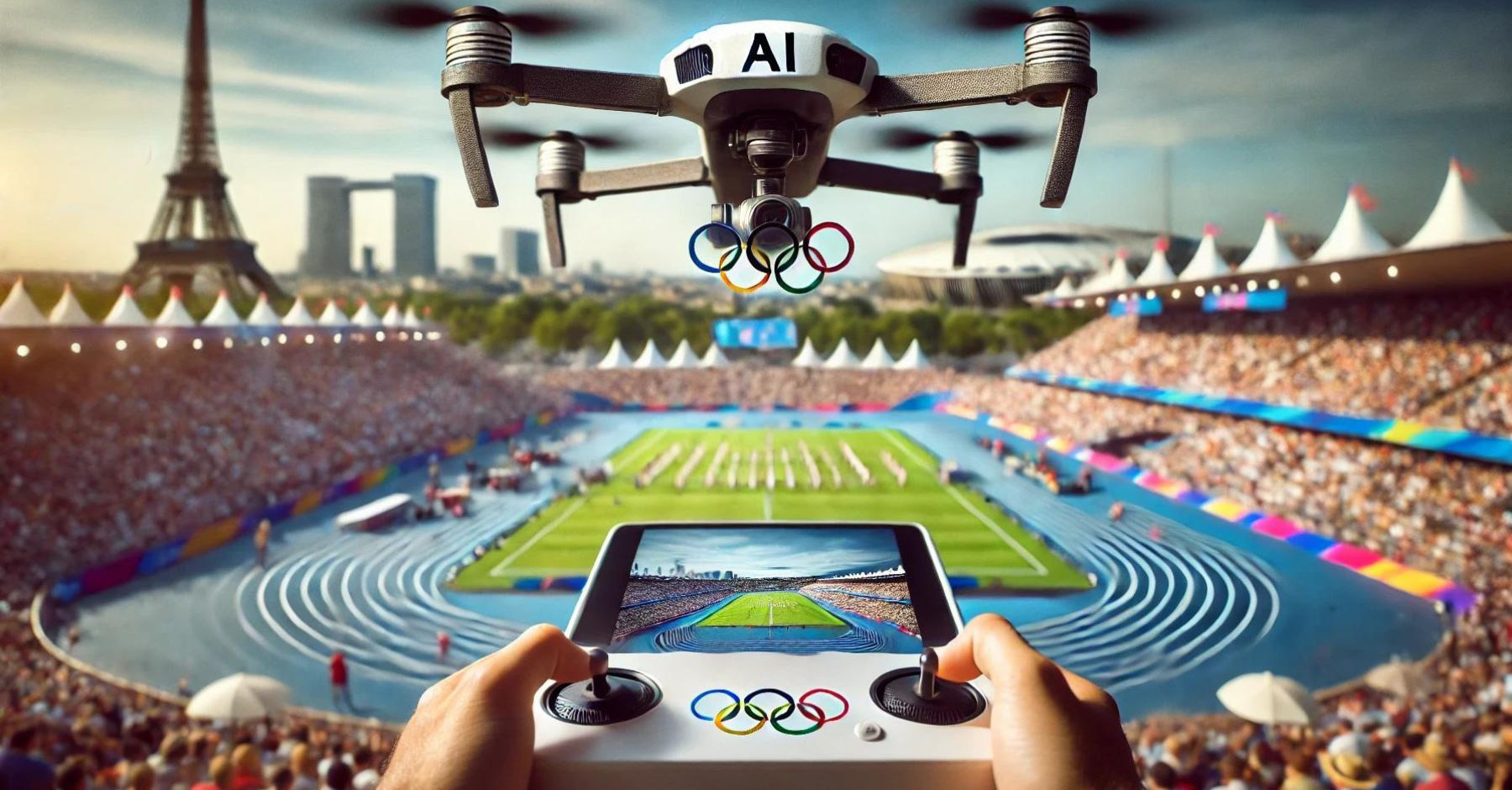What You Should Know
How the Paris Olympics Plan to Leverage AI
The 2024 Paris Olympics will kick off opening ceremonies on Friday. The landmark event for athletic prowess will feature several AI applications that the International Olympic Committee hopes will be medal-worthy.
One key implementation is an AI-powered monitoring system designed to safeguard athletes from online abuse. The system will monitor social media platforms in real time, flagging abusive content for intervention, thus ensuring a safer online environment for athletes.
As we previously featured, AI will re-create broadcaster Al Michaels’ voice to generate personalized highlights of the Games tailored to audiences worldwide.
The technology will also be used to create digital twins of the venues so organizers can track the need for more power, cameras, or accessibility options for fans without having to be on-site. AI-driven energy management systems will monitor and optimize energy consumption in real time, contributing to the Games’ sustainability goals.
The deployment of these technologies will likely influence how future sporting events are organized and broadcast, potentially even transforming business operations and strategies across various sectors. By now, communications professionals know that generative AI goes far beyond just creating content, and soon the rest of the world will see AI’s capabilities on a grand scale.
Elsewhere …
- Anthropic Partners With Menlo Ventures to Launch Anthology Fund
- PODCAST: How AI Is Transforming PR Agencies
- What Separates GenAI Pacesetters From the Pack
- New Google AI Weather and Climate Model Improves Accuracy
- AI Detects Cancer With 25% Greater Accuracy Than Doctors in UCLA Study
- AI Is Confusing — Here’s Your Cheat Sheet
Tips and Tricks
 What does AI call it?
What does AI call it?
What we’ve found: Our team of content creators works with AI every day and we’ve spent a lot of time trying to get to the bottom of why chatbots like ChatGPT and Claude don’t always understand what we mean. For instance, in PR lingo we sometimes call guest columns or op-eds “bylines.” And when we asked for help on a byline, ChatGPT was confused. It understands that term to mean the author’s name at the top of a story — essentially the same definition a journalist uses.
How to get on the same page: If there’s a particular task you’re struggling to get AI to perform or you feel like it’s not comprehending what you’re asking, take a step back and ask it to define what you mean.
For example, AI has a tendency to suggest headlines with colons separating two phrases. Even explicitly asking not to use colons in headlines isn’t so successful. However, we’ve learned that Claude calls that a “teaser” or “kicker” format, and asking not to utilize them by name has proven to be more fruitful.
Have you found any similar miscommunications? Drop us a line so we can spread the knowledge and make sure we’re speaking the same language as our AI tools!
Quote of the Week
“It’s actually I think something the workforce is hungry for. They all read the headlines everywhere. It can create anxiety actually, if the organization’s not moving on AI because [workers] could feel like they’re falling behind compared to maybe some of their friends that are at another company.”
— Chris Bedi, Chief Customer Officer at ServiceNow, to Axios
